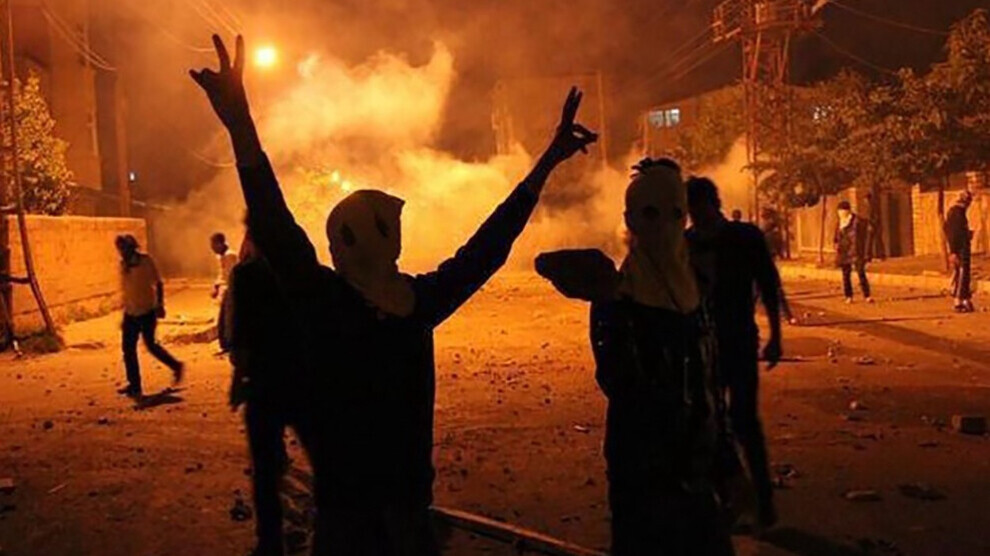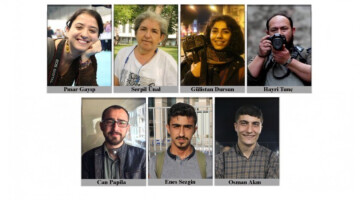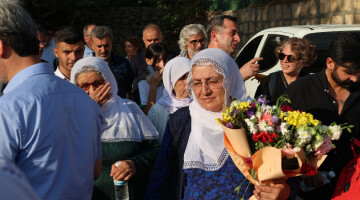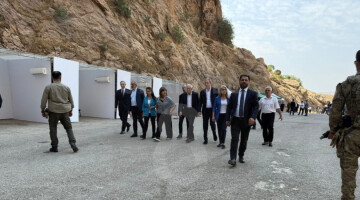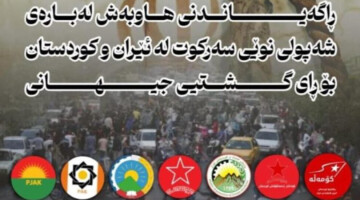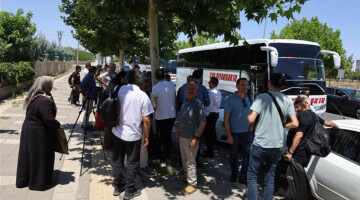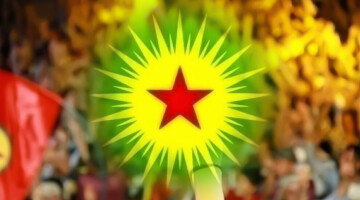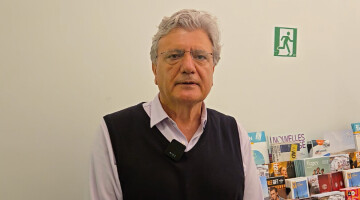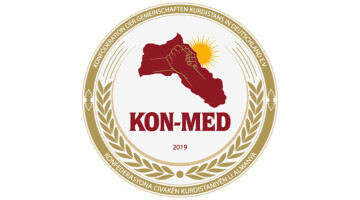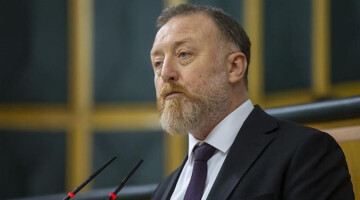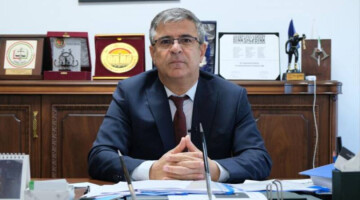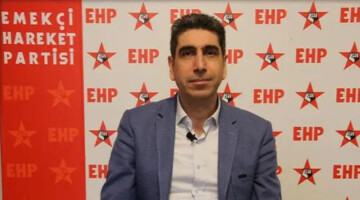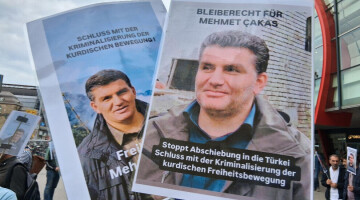The Kobanê protests were triggered by the then Prime Minister Recep Tayyip Erdoğan. Protests took place in dozens of cities after the Turkish prime minister, who was in cooperation with ISIS, said, "Ayn-al Arab (Kobanê) is about to fall”.
During the October 6-8 uprising, 5 people died and 42 people were injured in Antep. During the verdict hearing held at the Antep 2nd Heavy Penal Court against 10 people in connection with the Kobanê protests, 7 were sentenced to life imprisonment for "violating the unity and territorial integrity of the state" in addition to 3 years, 6 months and 14 days in total for 3 separate crimes.
As none of the defendants is currently under arrest in connection with the lawsuit, only one of them, Ayhan Işık, and his lawyer attended the hearing held on Tuesday. Işık and the lawyers of other defendants requested an acquittal.
The people who were given life imprisonment are as follows: Ayhan, Imam, İbrahim, Mehmet and Muhittin Işık, and Mehmet Caymaz and İzzet Nas.
After an arrest warrant was issued for the seven defendants, Ayhan Işık, who was present at the hearing, was immediately arrested and sent to prison.
N.Ü, A.I. and A.K. were acquitted in the same file.
"Kobanê trial" in Ankara
Last Thursday, a court in Ankara accepted the indictment in the internationally criticized Kobanê trial against the then HDP leadership. The indictment accuses a total of 108 politicians of terrorist offenses, including former co-chairs Figen Yüksekdağ and Selahattin Demirtaş, who are in custody along with 25 other politicians. Six defendants from the case are under supervision, and 75 others are being sought. Several members of the Kurdistan Workers' Party (PKK) Executive Committee in Southern Kurdistan, including Murat Karayılan, Duran Kalkan and Cemil Bayık, are also charged. They are all accused of "destroying the unity of the state and the entirety of the country," as well as 37 counts of murder and dozens of attempted murders in connection with the protests more than six years ago.
Kobanê protests
On the evening of October 6, 2014, after 21 days of resistance by the YPG/YPJ and the people, the terrorist militia "Islamic State" (IS) succeeded in penetrating the center of the northern Syrian city of Kobanê. In view of the critical situation, the HDP called on the people of Northern Kurdistan and Turkey to protest indefinitely against the AKP government, as it did not end its support for the IS. In the course of this, there were downright street battles between Turkish security forces and the protesters in many cities. Soldiers, policemen, village guards as well as members and supporters of the radical Islamist Turkish Hezbollah led a joint fight against Kurds who participated in the protests. The number of people killed, most of whom were participants in the uprising, fluctuated between 46 and 53. According to a report by the Human Rights Association (IHD), 682 people were injured during the protests. At least 323 people were arrested. In the course of the uprising, there were also arson attacks on stores and public facilities.

